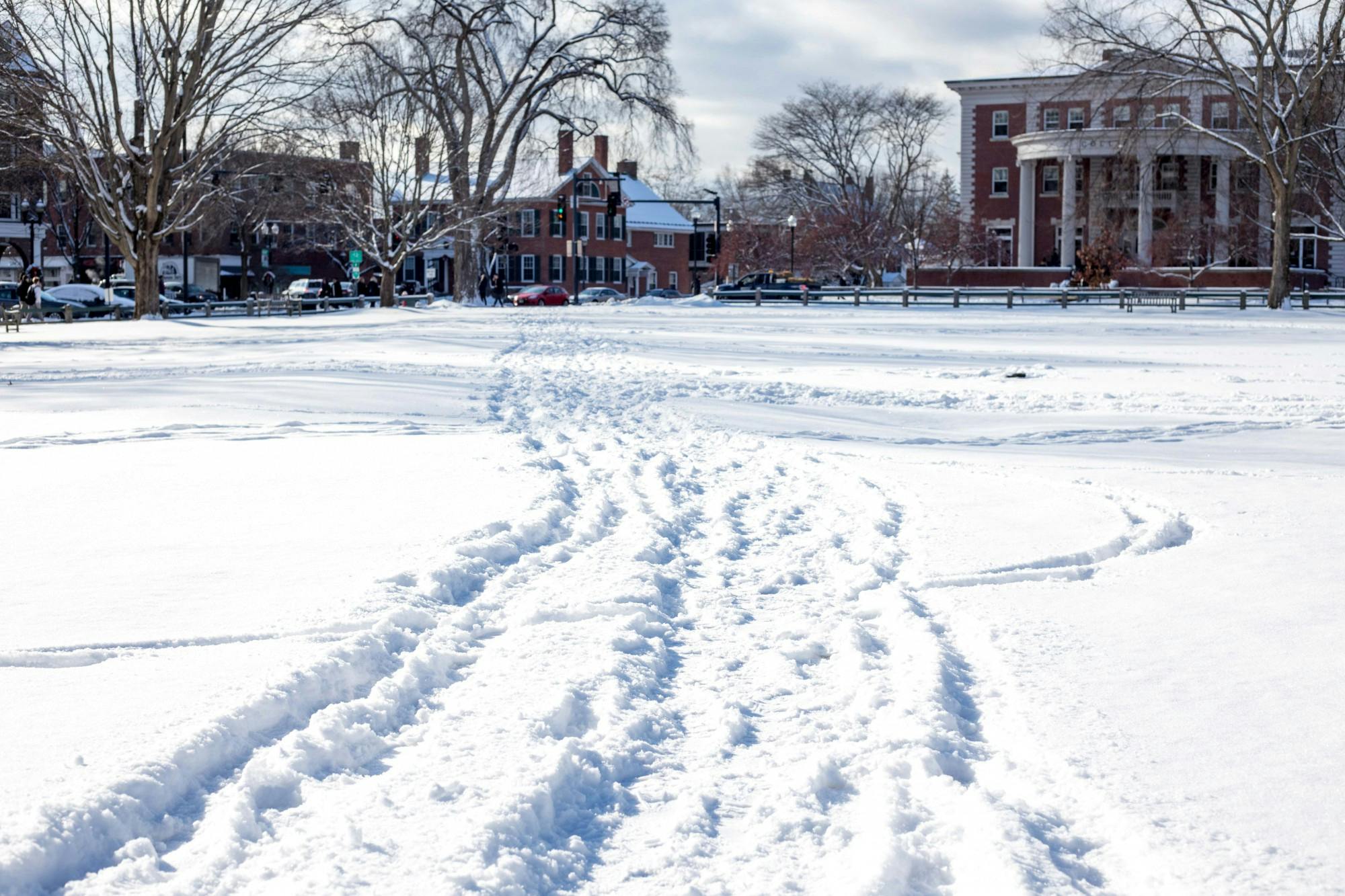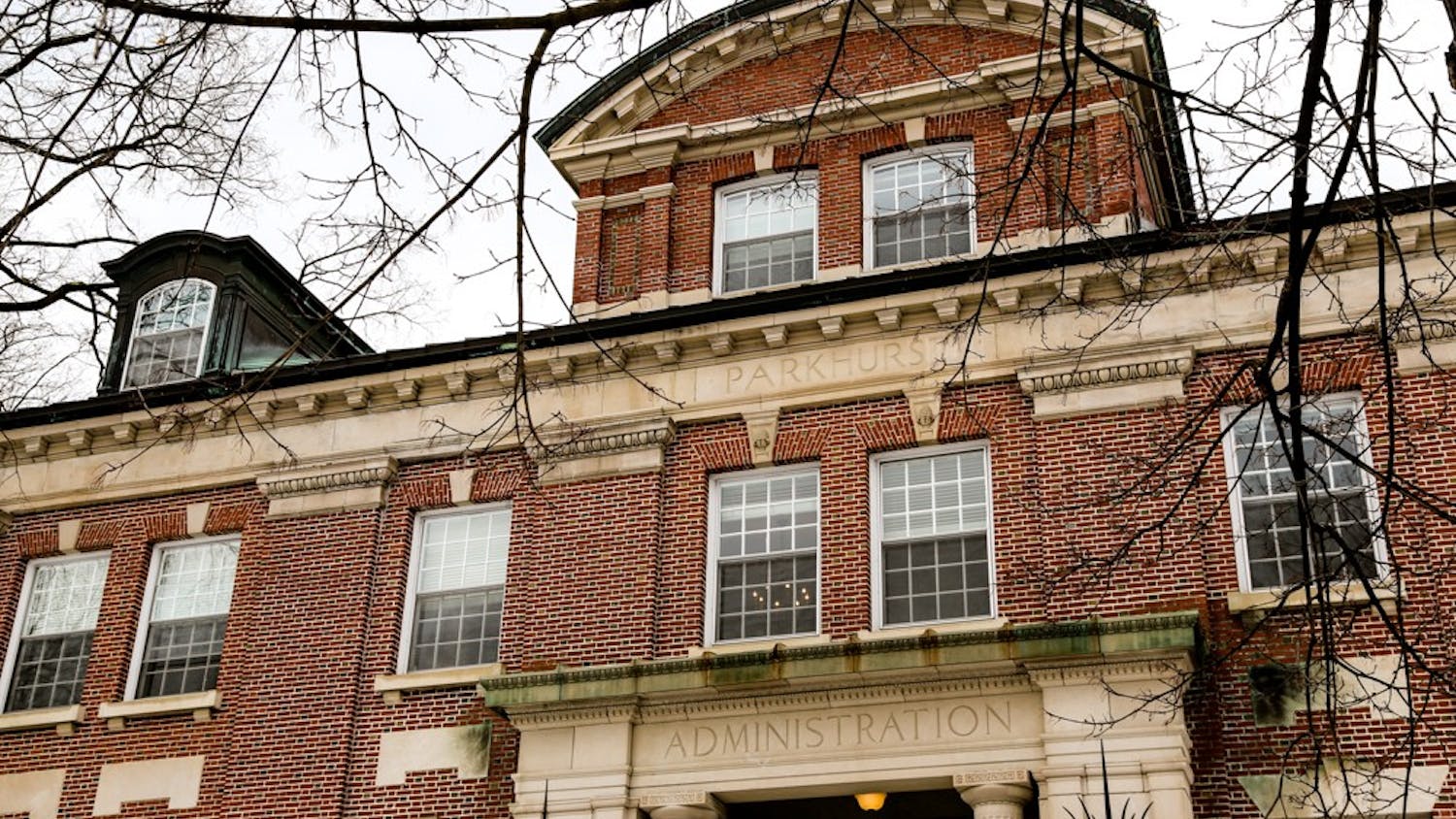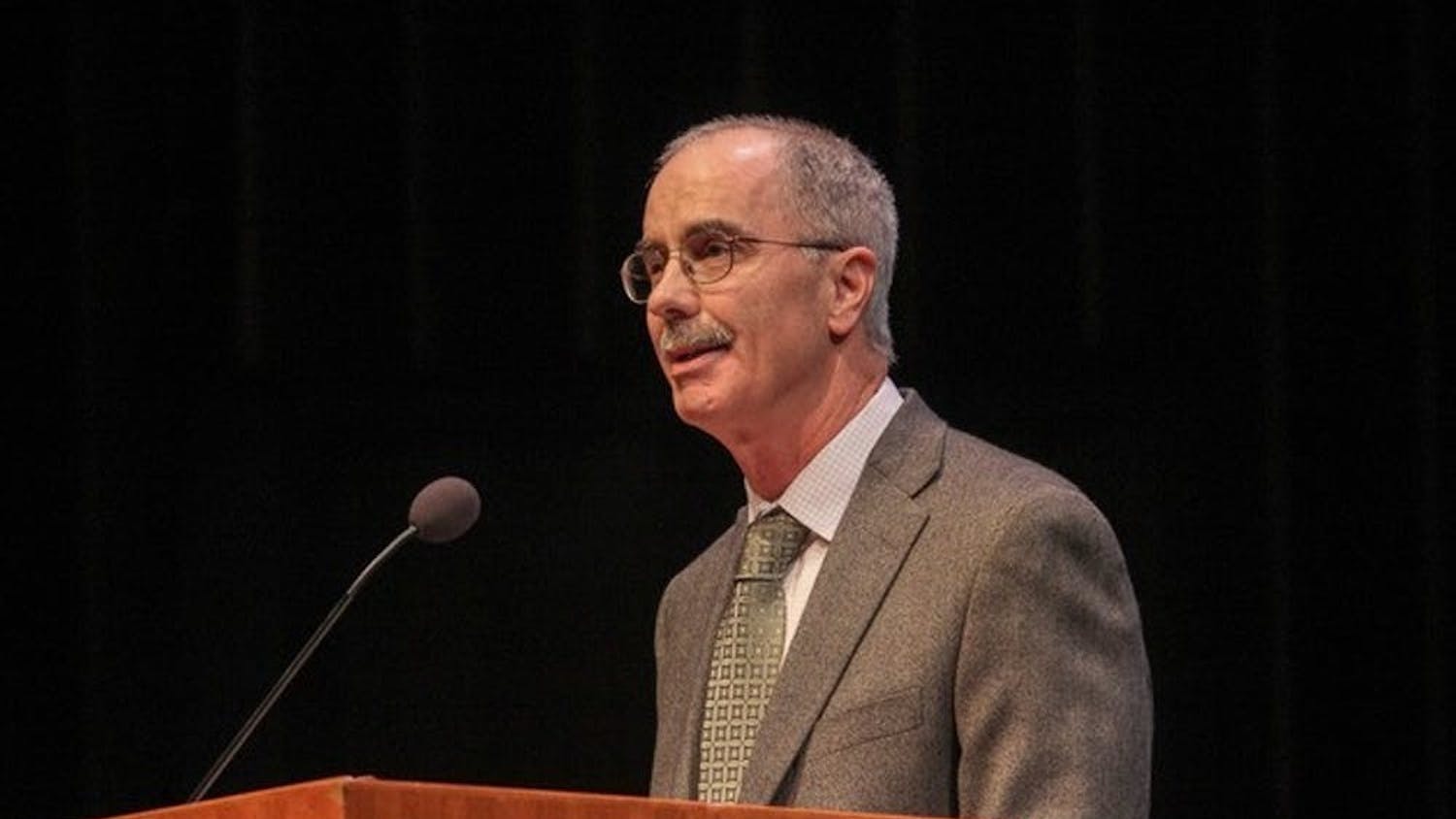Despite staffing and pandemic-related challenges, the Campus Climate and Culture Initiative — which the College launched in early 2019 to assess the educational and work environments of its departments and revise sexual misconduct policies — is proceeding with its current initiatives.
Government professor Dean Lacy and Kristi Clemens, the College’s Title IX coordinator and interim senior director of Institutional Diversity and Equity, have been serving as interim co-directors of C3I following the departure of former director Theodosia Cook in April. The two have had to improvise through administrative changes, including the absorption of the Title IX office into the Office of Institutional Diversity and Equity, which was announced in July. While they have continued to make progress on the initiatives started during Cook’s tenure, C3I has refrained from starting new initiatives until the arrival of the new director.
According to Clemens, many decisions, including hiring, for C3I will be left to its next leader, the future senior vice president and chief diversity officer.
“We're all doing our best to keep the momentum on projects moving forward, while also being mindful that we've got a new senior vice president coming in that is going to have some great experience,” Clemens said. “So it's this balance of not losing progress, but also not trying to implement anything new or create new structures.”
Lacy said that much of the work that he and Clemens have done for C3I has been “behind the scenes,” coordinating across the many initiatives of C3I. Clemens said that she has been supporting student and staff-based initiatives, while Lacy has been overseeing many of the faculty-based initiatives. The initiatives are organized into five categories — campus climate, academic and professional development, recruitment, resources and mandatory reporting — and aim to create a more inclusive and equitable learning environment for students, faculty and staff of the College.
Lacy has worked on multiple initiatives under the C3I umbrella focusing on underrepresented faculty, including the Faculty Advancement Network and the Faculty Affairs Network Northeast. He has also been involved in the development of research advisory committees, created to provide students with multiple mentors both within and outside of their own department.
Lacy said the committees themselves are primarily focused on postdoctoral and graduate students, but they have tools that will be implemented for undergraduates as well. Lacy said that many elements of this mentorship and advising already exist at the College, but it will be instituted “systematically” over the next academic year.
Other initiatives have seen progress as well. Engineering professor Vicki May has been involved in the department climate surveys. Six departments were surveyed in the fall, and 10 more will be surveyed during the winter term.
The surveys, which are designed separately for faculty, staff, postdoctoral, graduate and undergraduate students of each department, were developed at the University of Michigan to collect data on departmental climate, which includes accessible resources and departmental values. May said that response rates to the surveys, conducted using Qualtrics, have been very high.
“We've gotten response rates in the fall, with the exception of the undergrads and some [Master of Engineering Management students], that were over 80% and many of the faculty and staff were close to 100%,” May said.
May said that the first set of department “profiles” will be released to departments on Feb. 1. Departments will receive four profiles in total — one per month, February through March — and each profile will have a focus. The first will focus on overall climate, whereas the following ones will focus more on personal experiences, divisions and bias.
“We're doing them in small chunks because they're easier to digest that way,” May said.
Clemens said that the pandemic has raised questions about certain initiatives, including the climate surveys. Given the major changes that came as a result of COVID-19, Clemens and others wondered if it was the right time to study the climate at the College.
“The decision was to move forward,” Clemens said. “And I think that's good. We can't put things on hold indefinitely because people are still working within these climates, even if we're not physically in the same space.”
Other C3I initiatives have shifted in format as a result of the pandemic. Deputy Title IX coordinator for training Sophia Brelvi works primarily with the C3I Ambassadors program, which trains faculty and staff volunteers to facilitate conversations about equity and inclusion within their own departments.
When the program first began, it focused on issues of gender inequity. However, Brelvi said that it has grown to include issues of racial equity. The 17 ambassadors in the program have completed or started approximately 35 programs and initiatives since their inception in January 2019. Programming is now held in a virtual format, something which Brelvi said has been an unexpected positive.
“While Zoom fatigue is real, I feel like in a way it's sort of helped the programming a little bit because it makes things more accessible,” Brelvi said. “With Zoom, we're easily able to make breakout rooms. So if someone's an introvert or doesn't really like talking in large groups, they're able to easily just chat with us or participate in their smaller groups.”




